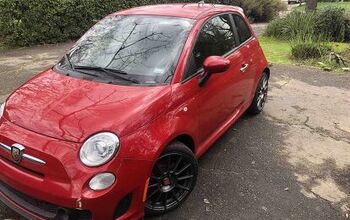Auto Industry Analyst John Casesa: This Ain't No Party

Much of the rest of Casesa’s summary of the current situation make sense, even if it’s spoken in measured tones out of synch with life during wartime. By the end of the piece, Casesa gazes into his crystal ball and jumps off a cliff. “Gas-electric hybrids and pure electric vehicles will become commercially feasible. And if it is electric — and it increasingly looks that way — the economics of auto-making are probably going to change a great deal. There will be a lot of value in the battery and in charging batteries. Utilities are going to play a big part in the automobile value chain. That could present serious risk to automobile companies, which historically commanded good margins for the value they put in the car. The automobile itself could become a less important part of the total cost of ownership. You could see car companies partnering with electric utilities.” As I’ve said before (in jest), Exxon-Mobil should buy General Motors from petty cash.

More by John Horner
Latest Car Reviews
Read moreLatest Product Reviews
Read moreRecent Comments
- Akear The malibu still outsells all GM EVs combinedMalibu -150,000GM EV's - 75,000Maybe this represents how execrable GM EVs really are. Barra should have resigned years ago,
- Fred Short term bean counters give up the market and long term players gain shares.
- KOKing I thought they quit making it 3yrs ago so... no?
- TheEndlessEnigma Hybrids and PHEVs make sense, EV's do not.
- Ajla My understanding is that the 5 and 7-Series cater almost exclusively to the Chinese market and they sell them here just so they don't look weak against Mercedes and Audi.


































Comments
Join the conversation
"Kirk Kerkorian’s Ford share sell-off?" KK sold 0.4 % of the 6.5% he held. Still holding 6.1% of Ford is not a sell-off.
Nice way to get a few "Talking Heads" references in. You had me from the title, thanks!